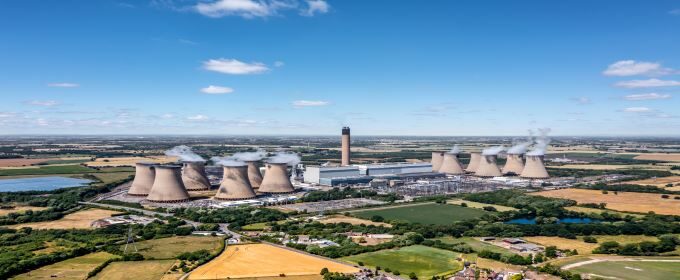The UK is currently storing around 140 tonnes of plutonium, mostly arising from its civil nuclear programme over the past 60 years. What should we, as a nation, do with it? Should we use it as fuel for future reactors, or dispose of it as waste? The latest position paper from the Dalton Nuclear Institute […]









